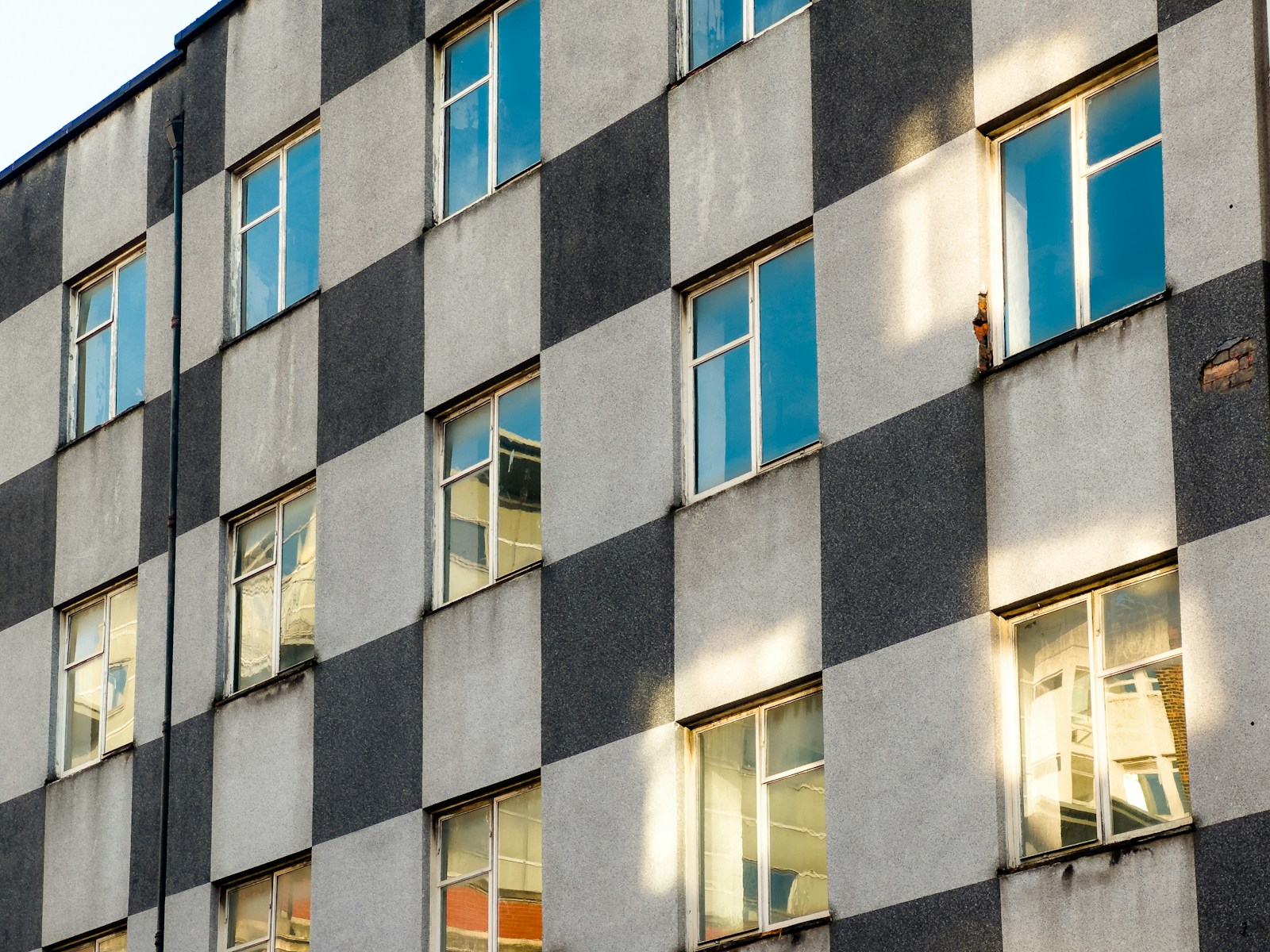
明天
míng tiān

tomorrow
The Chinese word '明天' (míng tiān) represents tomorrow. It is used in the same way as in English, to refer to the day after the present day. It is a compound of two characters: 明 (míng) which means 'bright' and 天 (tiān) which means 'day'. They are combined to symbolically mean 'the bright day', or 'the day after the current day'. This word is widely used in Chinese conversations and writings to indicate future plans or events.
Example sentences using: 明天
明天我要去图书馆。
Míngtiān wǒ yào qù túshūguǎn.

I will go to the library tomorrow.
This sentence expresses a future plan or intention with '明天' meaning 'tomorrow' and '我要去图书馆' meaning 'I will go to the library'.
明天是否会下雨?
Míngtiān shìfǒu huì xià yǔ?

Will it rain tomorrow?
This sentence forms a future tense yes-or-no question with '明天是否会下雨' meaning 'will it rain tomorrow'.
明天是周五。
Míngtiān shì zhōuwǔ.

Tomorrow is Friday.
This sentence expresses that the day after the current day is Friday, with '明天是周五' meaning 'Tomorrow is Friday.'
请明天洗衣服。
Qǐng míngtiān xǐ yīfú.

Please do the laundry tomorrow.
This sentence is a polite command or request to do laundry the next day with '请明天洗衣服' meaning 'please do the laundry tomorrow.'
如果明天下雨,我就不去。
Rúguǒ míngtiān xià yǔ, wǒ jiù bù qù.

If it rains tomorrow, I won't go.
This sentence expresses a conditional situation with '如果明天下雨,我就不去' meaning 'if it rains tomorrow, I won't go.'
我期待明天的活动。
Wǒ qídài míngtiān de huódòng.

I am looking forward to tomorrow's event.
This sentence expresses anticipation for an upcoming event with '我期待明天的活动' meaning 'I am looking forward to tomorrow's event.'
明天他来吗?
Míngtiān tā lái ma?

Is he coming tomorrow?
This is a simple future tense question with '明天他来吗' meaning 'is he coming tomorrow?'
明天见。
Míngtiān jiàn.

See you tomorrow.
This is a common expression to say goodbye, with the understanding of seeing the person the next day. '明天见' means 'see you tomorrow.'
我明天有考试。
Wǒ míngtiān yǒu kǎoshì.

I have an exam tomorrow.
This sentence refers to a future event or appointment, with '我明天有考试' meaning 'I have an exam tomorrow.'